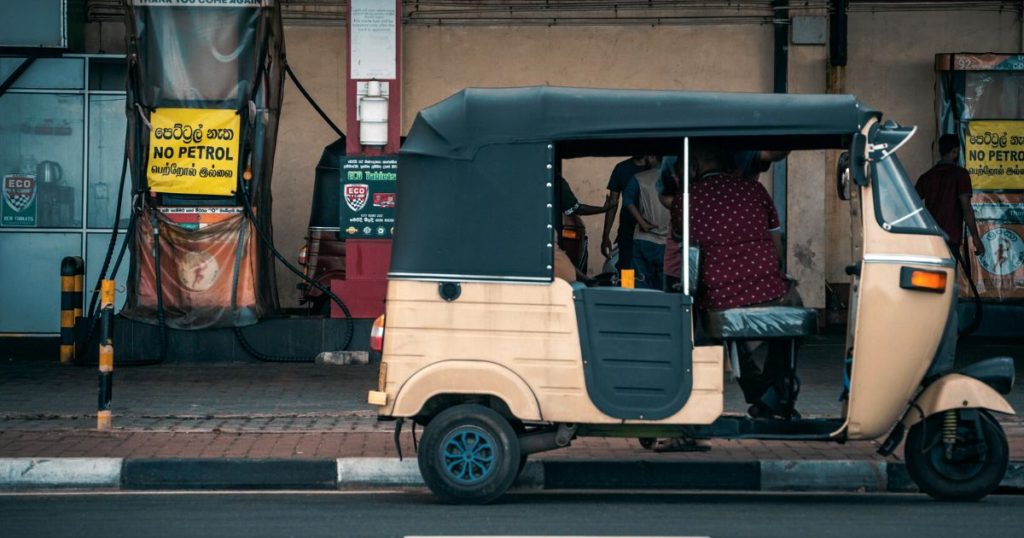Minister of Power and Energy Kanachana Wijesekara has announced that Ceylon Petroleum Corporation (CPC) owned fuel tankers will have GPS tracking this month as part of its upcoming fleet management system. Following Sri Lanka’s economic crisis, the ministry has been looking into optimizing the fuel supply across the island over the past year and has found success with its QR-based National Fuel Pass system. With the new GPS tracking mechanism, the Power and Energy ministry appears to be taking its modernization efforts a bit further.
Back in July 2022, the ICTA along with the Power and Energy ministry introduced the National Fuel Pass system as a means of mitigating the fuel supply issues in the country. Although the system had its issues at launch, the process was soon ironed out as it rolled out islandwide, managing to cross six million registrations in three months. Now, as the Sinhala and Tamil New Year season approaches, the CPC and the Ceylon Petroleum Storage Terminals Ltd (CPSTL) hope to take things beyond the QR-based process with a fleet management system.
GPS tracking is coming to CPC tankers
According to the CPSTL, Sri Lanka currently hosts 150 CPC fuel tankers with the private sector claiming to have around 700. By April 15, all CPC-owned fuel tankers are expected to be fitted with GPS trackers followed by private tankers, as per Minister Wijesekara. These GPS trackers are part of the fleet management system that was said to be in the works for at least a year. One report from The Morning states that the acquisition of this system was proposed by the CPC Chairman Mohamed Uvais Mohamed back in 2022, though the approval and procurement procedures took up more than six months. The Chairman goes on to mention that the new fleet management system could potentially save up “about LKR 1 billion” once it’s fully operational.
Wijeskara also announced that 40 fuel stations that have continuously failed to comply with the QR quotas have since been suspended. This suspension comes months after the CPC issued a warning to fuel stations that those who fail to follow through with the National Fuel Pass system would either be suspended or would stop receiving fuel stocks entirely.
Banking on the success of QR
Additionally, the upcoming festive season prompted the ministry to increase the weekly fuel quota for all vehicle types under the National Fuel Pass system. Although, it remains to be seen if this increased quota will remain the same post-avurudu. Some already wonder if the government is planning to get rid of the Fuel Pass system altogether, but the minister has publicly denied that it’s the case. In fact, it now appears that the government may be doubling down on the QR system for its other ministries as well.

Interestingly, Minister of Agriculture Mahinda Amaraweera announced that his ministry is planning to introduce its own QR-code system as a means of fast-tracking the distribution of fertilizer, seeds, and other related materials to farmers from the government. As of now, it’s unclear when this system will be publicly available for farmers and how the onboarding process take shape. Regardless, expectations will likely be high given the adoption rates for the National Fuel Pass system.






GIPHY App Key not set. Please check settings